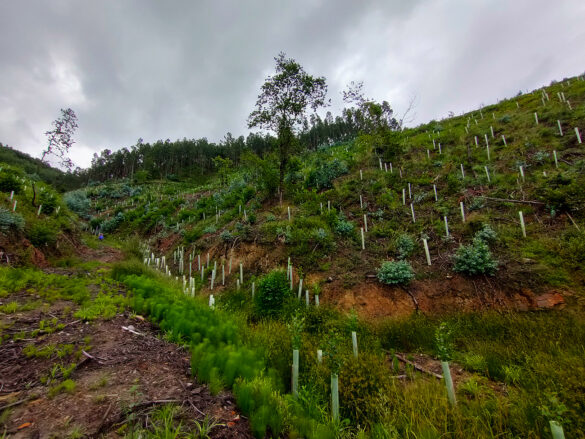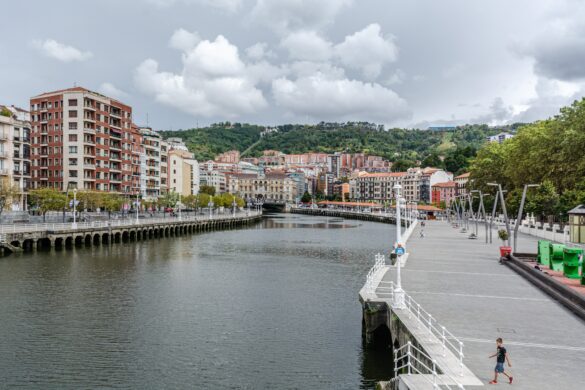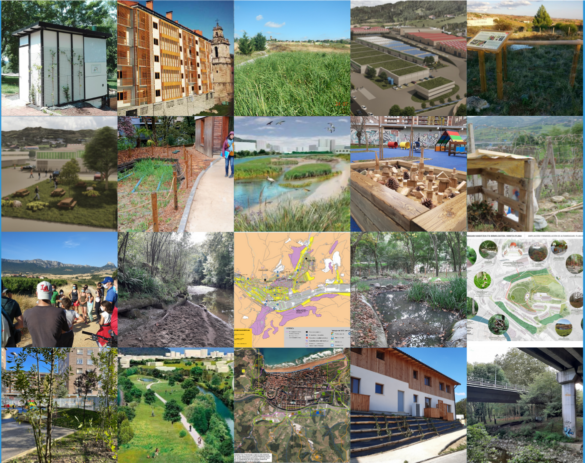Recognizing gender differences is crucial in crafting climate change measures and policies, and integrating gender considerations into all public policies is essential. A report launched in 2023 and focused on the Basque Country aims to address these issues and provide a local perspective while acknowledging the global context and current circumstances influenced by the energy crisis and post-pandemic recovery.
Gender plays a significant role in the unequal contributions of men and women to climate change, influenced by societal norms and gender roles that shape their behaviours, consumption patterns, and perspectives on the planet and its resources. Women, particularly those suffering from energy poverty, find themselves in a situation of heightened vulnerability to the direct consequences of climate change.

Acknowledging this reality, the Basque Country took a proactive stance by publishing the “Climate change in the Basque Country from a gender perspective” report in 2023. Prepared by Ihobe, the publicly-owned company coming under the Basque Government´s Ministry of Economic Development, Sustainability and the Environment, in collaboration with Emakunde, the Basque institute for Women, the report analyses the causes, effects, leadership and involvement in climate action from a gender point of view.
The findings of the report, developed collaboratively in sessions with experts in climate change and gender equality, initiate with a comprehensive situation analysis.
The report addresses the gender influence on climate change causes and consequences in Euskadi, examining the political and normative context from both international and local standpoints. Key insights highlighted in the report include:
Differentiated Impacts: Understanding the differentiated impacts on women and men is crucial for guiding effective climate action, considering cultural, social, and economic differences. Men tend to exhibit habits resulting in higher emissions than women, mainly in mobility. Furthermore, women showcase a heightened awareness of climate change’s impact on their daily lives.
Underrepresentation: Despite women’s greater concern and commitment to sustainable lifestyles, they remain underrepresented in decision-making bodies, hindering impactful participation in addressing climate change.
Integration Progress in Political and Normative Context: More progress is observed in integrating gender perspectives into climate change adaptation plans than in mitigation and issues directly linked to energy. The report identifies that while equality is commonly mentioned in the preambles and guiding principles of laws, detailed provisions often fall short, limiting matters related to ensuring balanced representation.

The report then narrows its focus to four key challenges and proposes 18 actions for incorporating gender perspectives into climate action in the Basque region:




Explore the full report to discover the Basque Country’s commitment and 18 detailed actions for advancing gender perspectives in climate action:
- Ihobe – News – Basque women follow more sustainable patterns of mobility and food but suffer most from energy poverty
- Read the summary report in English here
- Read the full report in Spanish here








